Posted on December 13, 2013 by michaeleades
Dementia has been in the news in a big way over the past week. Tuesday saw the first ever G8 Dementia Summit opening in London with a headline grabbing promise from David Cameron to double funding for dementia research by 2025. This follows similar promises of urgent action on dementia put forward last year in the Prime Minister’s Challenge on Dementia, which in fact promises (rather more generously) to ‘[m]ore than double […] overall funding for dementia research to over 66m by 2015’.
Dementia, its treatment, prevention, and (one day, we might hope, ‘cure’) has shot up the national agenda over the last few years. In the process, a discourse has developed around the topic which—as is so often the case with discussions of culture in the public sphere—has often drawn upon economic measures of value. David Cameron’s G8 speech emphasised (in its third sentence) that dementia care entails a ‘global cost of 600 billion dollars a year’. And that, he added (in the following sentence), ‘is to say nothing of the human cost’.
Unpacking the Discourse
It is tempting to read this at face value, with Cameron’s sentence order reflecting his policy priorities: economic cost first, human cost second. But that would probably be rather glib from a researcher currently in receipt of public money for dementia research. What is more interesting, perhaps, is the sheer discursive weight given to the economic factors within such debates. A language of costs, budgets, investments and returns that has shaped the media headlines over the past week, matching the immensity of the problem with talk of eye-wateringly (and eye-catching) huge sums of money.
In a blog on the Guardian’s website, Professor Richard Ashcroft of Queen Mary’s, University of London, has highlighted another rhetorical device at work in Cameron’s G8 speech. Taking his cue, perhaps, from Cameron’s talk of a ‘global fight-back’ against dementia, he points that both Cameron and Jeremy Hunt chose to employ an aggressive, warlike, and purposefully violent vocabulary when talking about dementia this week. This language he finds both distasteful and disingenuous in a context in which ‘war’ is also being waged on public services that offer pastoral support to those already living with the condition. ‘The language of “war” in health and medical research is over-used’, he suggests. ’And if you declare war on dementia, while waging war on people affected by dementia, then do not be surprised if we are angry, not grateful’.
Poetic Language and Dementia
All of this leads me, of course, to reflect on the ‘value’ of my own research. On Wednesday, the day after these debates were taking place, I visited someone living with dementia in Bloomsbury. This visit took myself, a representative of Age UK Camden, and a young poet out to visit someone who had lived in Bloomsbury for over 60 years, and who now lives alone in the area, supported by a variety of local services.
The visit revolved around reading poetry, an activity our client took to with gusto. As the visit progressed, and poetry readings were interspersed with periods of narrative reflection and reminiscence on the participant’s long life in the area, I was reminded of the literary scholar Susan M. Schultz’s (2008) comment that ‘[d]ementia destroys the self, but that destruction is oddly, horribly, poetic’ ( 7). There is perhaps something poetic about dementia, and the fragmentations and reconfigurations of language that it provokes. Our intention was to use poetry to promote a sense of self-hood in the participant, whilst also drawing upon the poetic aspects of their memories.
Perhaps this might be one aspect of what will make this research ‘valuable’ in a broader context. One outcome we might hope for is that our research, alongside other projects, might help to facilitate new ways of articulating and talking about dementia—which avoids the monetarist and aggressive language strategies prevalent in much contemporary discourse. By drawing on the voices of those living with the condition, and amplifying them through cultural participation and engagement, we might hope to locate (to borrow from Chomsky via J.G. Ballard) a poetic ‘transformational grammar’ of dementia, to insert subversively into the public discourse.


Recent Comments